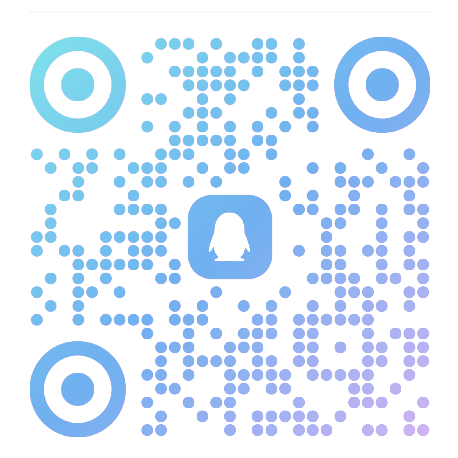AI情绪识别需要哪些工具
AI情绪识别需要使用一些工具来实现。以下是一些 commonly used tools:
1. 机器学习算法
- 机器学习算法是AI情绪识别的关键。这些算法可以学习和识别不同情绪的特征,并将它们与相应的标签联系起来。一些 commonly used machine learning algorithms for emotion recognition include:
- 支持向量机 (SVM)
- 决策树 (Decision Tree)
- 随机森林 (Random Forest)
- 神经网络 (Neural Network)
2. 特征提取方法
- 特征提取方法用于从原始数据中提取与情绪相关的特征。这些特征可以是文本、语音、图像或视频中的各种特征。一些 commonly used feature extraction methods for emotion recognition include:
- 词袋模型 (Bag of Words)
- TF-IDF (Term Frequency-Inverse Document Frequency)
- 语音特征提取 (e.g., Mel-frequency cepstral coefficients (MFCC))
- 图像特征提取 (e.g., Histogram of Oriented Gradients (HOG), Scale-invariant feature transform (SIFT))
3. 数据集
- 数据集是训练和测试AI情绪识别模型的必要条件。这些数据集包含 labeled examples of different emotions, which can be used to train and evaluate the models.一些 commonly used datasets for emotion recognition include:
- IMDb电影评论数据集 (for sentiment analysis)
- Twitter推文数据集 (for sentiment analysis)
- IEMOCAP (for speech emotion recognition)
- CK+ (for facial expression recognition)
4. 软件库和框架
- 软件库和框架可以提供一些 pre-implemented tools and algorithms for AI情绪识别。这些工具和算法可以 acceleration the development process.一些 commonly used software libraries and frameworks for emotion recognition include:
- scikit-learn (for machine learning)
- TensorFlow (for deep learning)
- PyTorch (for deep learning)
- OpenCV (for image and video processing)
以上是AI情绪识别需要的一些工具。这些工具可以组合使用,以实现不同场景下的情绪识别任务。
©️版权声明:本站所有资源均收集于网络,只做学习和交流使用,版权归原作者所有。若您需要使用非免费的软件或服务,请购买正版授权并合法使用。本站发布的内容若侵犯到您的权益,请联系站长删除,我们将及时处理。









 鄂公网安备42018502008075号
鄂公网安备42018502008075号